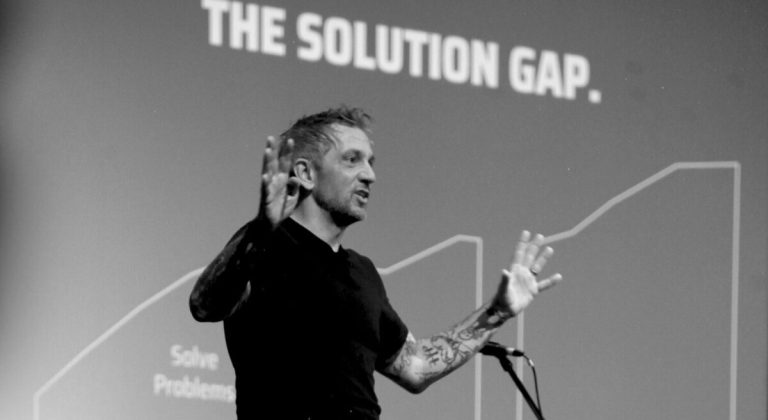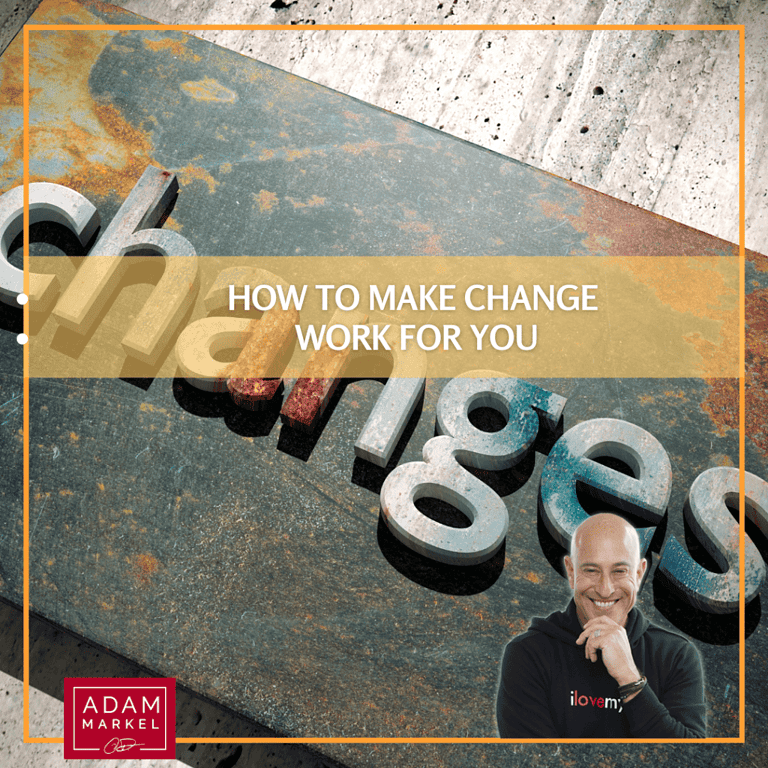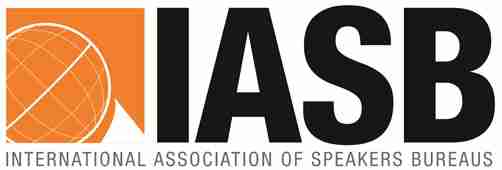- Author: Dr. Todd Dewitt
- Word Count: 616
Read the news article
People love to talk about #1 PSYCHOLOGICAL SAFETY. It’s defined as a belief that it’s okay to speak up with ideas, questions, or concerns without fear of negative consequences. I love this concept. We need more of it in practice. It speaks to the contextual foundation for creativity and innovation. However, it’s in short supply in many workplaces. I think I know why.
We should be talking more about fear instead of safety. Yet we don’t because fear seems somehow taboo or unsavory. It’s easier to talk about safety. But we must talk about fear. We fear failure, job insecurity, looking dumb, being evaluated or criticized, change, retribution, harassment, and so on.
To establish enduring psychological safety, we must get to the root cause of most of these fears. Why do they exist? We experience these fears due to differences in personalities, bad bosses, uncertainty about job security, a lack of work-life balance, and other issues.
Common prescriptions for establishing #1 PSYCHOLOGICAL SAFETY include setting proper expectations, leaders modeling needed behaviors, spelling out norms for mistakes and failures, more listening, voice in decision-making, etc. These are all great ideas – that do not address the root cause of fear.
As diverse as the causes of fear might be, it’s clear there are two main paths forward if fear is our target.
The first is to focus on improving employee wellbeing and #1 PSYCHOLOGICAL SAFETY. This is about addressing the context and resources that shape the employees’ environment. This refers to initiatives around employee assistance programs, career development planning, encouraging proper breaks and downtime, exploring work flexibility, and expanding access to all things healthy (e.g., helpful apps, nutritious food, exercise spaces). It also means an unrelenting opposition to toxic behavior in all its forms.
The truth about psychological safety
The second involves how we hire, socialize, and develop leaders through #1 PSYCHOLOGICAL SAFETY. This is about improving how leaders interact with their employees. Historically, when we look for leaders we look for job competence. That part will always matter. In addition, we’re learning that an equally important component of leadership success is compassion.
Effectiveness is found where competence meets compassion. Functional/task/process/tech knowledge must be surrounded by empathy, kindness, and understanding – that’s compassion.
To be clear, fear can never be fully eradicated – but it can be considerably reduced. #1 PSYCHOLOGICAL SAFETY can be, on average, stronger than fear. That’s when innovation becomes a normal part of the culture.
TODD’S TIPS
Which is the best strategy for starting your workday? Go for a quick win with an easy task to gain momentum or work on one of your truly difficult but more substantive tasks? Answer: go for the big tasks! We all know that sometimes our brain works very well and other times it struggles. The best strategy is to start with the most substantive and strategically important work you face.
If you’re able to make progress – great! If not, time for a quick win. Grab one of those comparatively easier tasks and knock it out. Then refocus once again on something that truly matters. Some work moves us forward and some is just work that must be done. I say go big or go home.
WHAT’S UP WITH DR. D?
Speaking: Next stop – Fort Worth, Texas. I’m excited to speak live in-person this week to the senior sales leadership team at TTI, a major global distributor of electronic components. It’s a Show Your Ink keynote followed by thirty minutes of Q&A with me and fifty of their top leaders.
READ FULL ARTICLE ON LINKEDIN
Contact us at Speakers Inc and follow us on Twitter
Further articles you may enjoy:
- (6)
Rich Mulholland: A Beacon of Sales, Leadership, and Innovation In the rapidly evolving landscape of business and leadership, few figures stand out quite like Rich Mulholland. As the founder of Missing Link, a company renowned for its transformative approach to presentations and communication, Rich has become a leading authority on sales, leadership, and innovation. His […]
- August 21, 2024
- (2)
A couple of weeks ago I was in Orlando for a talk. And, the night before I was sitting at the hotel restaurant grabbing some dinner. Out of the corner of my eye I saw that there was a basketball game on the tv at the bar and I knew the THE 3 C’S OF […]
- January 14, 2023
- (5)
Thanksgiving 2024, celebrated annually on the fourth Thursday of November, is a cherished American holiday that brings families and friends together to express gratitude and share a bountiful meal. Its origins trace back to 1621, when the Plymouth colonists and the Wampanoag people shared an autumn harvest feast, marking one of the earliest instances of […]
- November 28, 2024
- (86)
A common problem new pilots struggle with is avoiding a PIO or pilot-induced oscillation. So how do we Stop the Cycle as We’re all familiar with the concept of overcorrecting in a car. A deer runs out, you’re driving tired, you’re near the edge of the road, and you yank the wheel the other direction […]
- December 22, 2022
- (5)
Building High-Performing Teams: Lessons from Workplace Culture Keynotes In today’s rapidly evolving work environment, where remote and hybrid models have become the norm, team cohesion and morale are more important than ever. High-performing teams are the cornerstone of organizational success, driving innovation, productivity, and employee satisfaction. But what makes a team truly thrive? Insights from […]
- December 18, 2024
- (10)
Ouch!’Death by PowerPoint.’ That’s the commonly used term. Yet Mr Gates’ programme itself is not inherently evil and why you can do better without slides. Jim Nelson, a man who served as a translator between the American and Russian troops in Bosnia, tells a story about the Russians watching with bemused fascination as their unlikely […]
- December 23, 2022
- (1)
How to make change work for you, As human beings, we don’t look at change and think, “Hmmm I want more of that.” Given my own relationship to and with change, I challenged myself to figure out why this is true. Why do we avoid change? Why does change create stress, fear and uncertainty? The […]
- December 13, 2022
- (9)
Upskill Your Workforce with AI: The Keynote Speakers Leading the Charge In today’s digitally charged world, artificial intelligence isn’t just a trend, it’s a transformation. The real question facing businesses isn’t if they should embrace AI, but how fast they can reskill and upskill their teams to stay relevant in an AI-first economy. Corporate learning […]
- July 23, 2025
No results available











